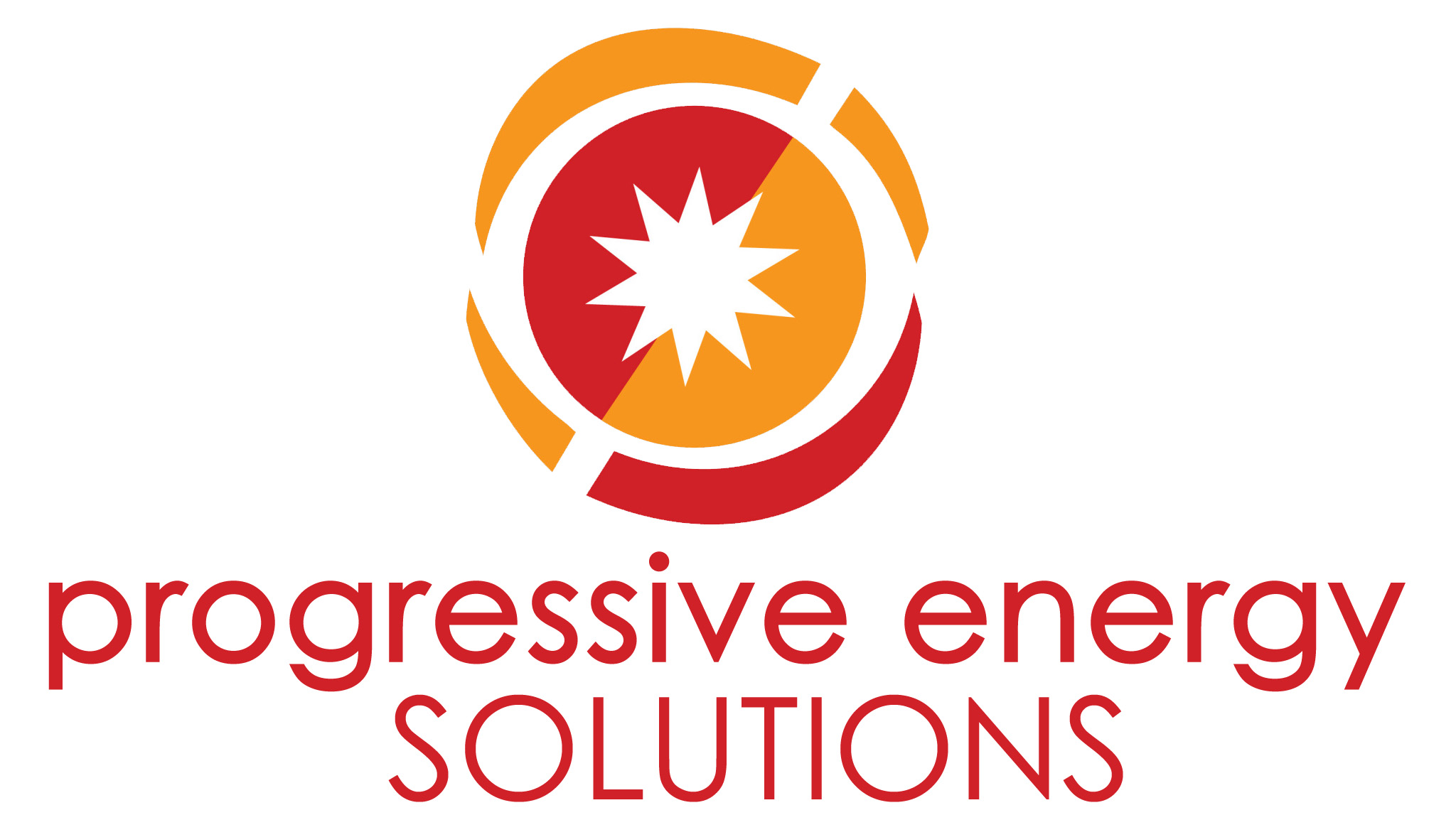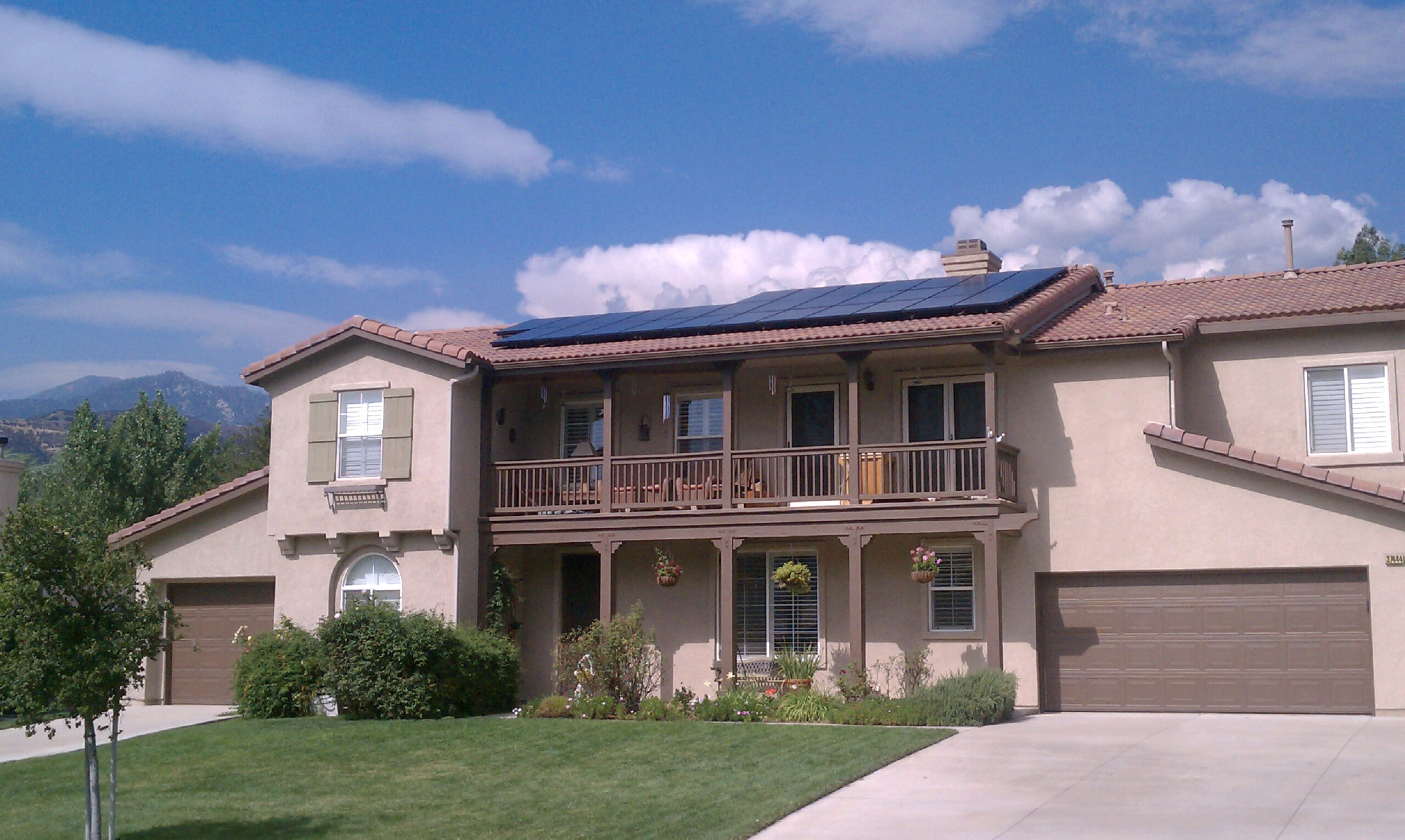Solar Commercial
A business or corporation may choose to go solar for several reasons. Firstly, it can reduce energy costs and provide long-term savings. Secondly, it can enhance the brand image by showcasing a commitment to sustainability and reducing carbon footprint. Thirdly, it can provide a stable and predictable source of energy, reducing reliance on the grid and potential energy disruptions.
All Quotes and Consultations are free
Please contact us for your free consultation.
Choosing progressive energy solutions for your commercial solar installation is essential for maximizing the benefits of solar power. One such solution is the use of energy storage systems, which allow excess solar energy to be stored and used during periods of low sunlight or high energy demand. Energy storage systems provide several benefits, including reducing reliance on the grid and minimizing energy waste. With the right storage capacity, businesses can even sell their excess energy back to the grid, further offsetting their energy costs. Additionally, energy storage systems can help businesses achieve greater energy independence and resilience, particularly in regions prone to power outages or extreme weather events.
Another progressive energy solution for commercial solar installations is the use of smart building technologies. These systems integrate with a building’s energy management system to optimize energy usage and reduce waste. For example, smart lighting systems can automatically adjust lighting levels based on occupancy and daylight levels, reducing energy consumption without sacrificing comfort or safety. Similarly, smart HVAC systems can automatically adjust heating and cooling settings based on occupancy and outdoor temperature, further reducing energy consumption while maintaining indoor comfort. By incorporating smart building technologies into a commercial solar installation, businesses can further reduce their energy costs and carbon footprint while improving their overall operational efficiency.
About this Process
Here are the steps a business or corporation should take to go solar:
- Assess energy usage and needs
- Evaluate the feasibility of solar power
- Determine the budget and financing options
- Select a solar vendor or installer
- Obtain necessary permits and approvals
- Install and commission the solar system
- Establish maintenance and monitoring procedures
- Educate employees and stakeholders on the benefits of solar power
- Consider adding energy storage to maximize solar power usage
- Monitor and optimize solar system performance.
Call For a Quote:
(888) 603-4255
Related Services
Residential Solar (PhotoVoltaic)
Solar energy is clean, renewable, and cost-effective. By going solar, you can reduce your carbon footprint, save money on energy bills, and support sustainable living.
Solar Pool Heating
Solar pool heating is eco-friendly, cost-effective, and extends your swimming season. It also requires mininal maintenance and increases the value of your property.
Drought Resistance Landscaping
Drought-resistant landscaping conserves water, requires less maintenance, reduces irrigation costs, and provides habitat for wildlife while enhancing the aesthetic appeal of your property.
F.A.Q.
number one question a business has before going solar is typically related to the financial feasibility of the project. Specifically, businesses want to know the return on investment (ROI) of going solar and how long it will take for the system to pay for itself through energy savings.
Answer:
The financial feasibility of a solar project is typically a primary concern for businesses, and it’s important to consider several factors when evaluating the ROI of a solar installation.
Firstly, the upfront costs of the system and the size and capacity of the solar panels required to meet the business’s energy needs are important factors to consider. A solar installer can assess the business’s energy usage and recommend a system size that meets their needs.
Another key consideration is the available financial incentives or tax credits that can help offset the cost of installation. There are several federal and state-level incentives available to businesses that go solar, which can significantly reduce the upfront costs and improve the ROI.
In terms of the ROI, it’s important to factor in the energy savings that will be generated by the system. The payback period for a solar installation can vary depending on several factors. However, many businesses can see a return on investment within 3-7 years, and the savings generated by the system can continue for 20-30 years or more.
How much will it cost to install a solar system?
Answer: The cost of installing a solar system will depend on various factors, such as the size of the system, the type of panels used, and the installation company’s rates. However, many governments offer incentives and rebates to businesses that install solar systems, which can help reduce the upfront costs.
What kind of return on investment (ROI) can we expect from going solar?
Answer: The ROI for a solar system will vary depending on the size of the system, the amount of energy it generates, and the business’s energy consumption. However, businesses that install solar systems typically see a significant reduction in their energy bills, and the system can pay for itself in as little as 5-10 years
What maintenance is required for a solar system?
Answer: Solar systems require minimal maintenance, with most systems requiring only occasional cleaning of the panels to ensure optimal performance. Additionally, most solar panel manufacturers offer warranties of 20-25 years, providing businesses with peace of mind.
What impact will going solar have on our business's carbon footprint?
Answer: Installing a solar system can significantly reduce a business’s carbon footprint, as solar panels generate clean, renewable energy without producing harmful emissions. This can help businesses meet their sustainability goals and improve their reputation with customers who prioritize environmental responsibility.Nulla quis lorem ut libero malesuada feugiat. Vestibulum ac diam sit amet quam vehicula elementum sed sit amet dui. Quisque velit nisi, pretium ut lacinia in, elementum id enim. Sed porttitor lectus nibh. Mauris blandit aliquet elit, eget tincidunt nibh pulvinar a. Nulla porttitor accumsan tincidunt.
What happens if there's a power outage? Will our solar system still function?
Answer: Most solar systems are designed to automatically shut down in the event of a power outage to protect utility workers who may be repairing power lines. However, some systems come with battery backups that can keep the system running during an outage. A reputable solar installer can help businesses determine the best option for their needs.



